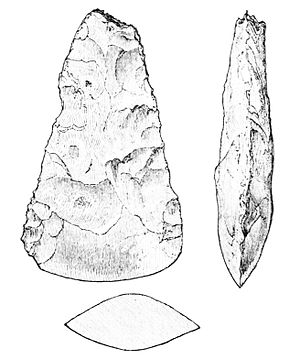gree of civilization of which we are so proud, and this leads me to make an observation.
Too often, under the influence of our actual superiority, we disdain the people who are behind, whether in the pastoral state or in the state of hunters. We proclaim them incapable of reaching our level.
This opinion is nowhere justified. Forget not that we have passed by the same halting-places. Forget not, above all, that many civilizations have preceded our own. Two thousand years before our era the Chinese raised monuments that still excite the admiration of travelers, cultivated the mulberry, raised the silk-worm, and possessed notions of astronomy. Egyptian civilization is still more ancient. You saw proof of this at the Universal Exposition. In the temple raised under the direction of N. Mariette you must have admired, among other things, that magnificent statue of Chefren placed at the bottom of the hall, and which dates 4,000 years before our era. At this time we were true savages, covered with the skins of beasts, and carrying on our persons, under the pretext of embellishing ourselves, paints and tattooing like those of the most backward races of our own day. The effect of this should be, on the one hand, to awaken our modesty, and on the other to render us indulgent to people who are yet at the point which we have escaped.
Fig. 3.

Stone Tools.
IV. Industries.—It is in the midst of primitive societies that industries are born and flourish. However low a people may be, it always has its own proper industries. Man is essentially an industrious being.

